Dr. Jennifer Watt
About

Dr. Jenn Watt is the Associate Director of the RED Lab. She also serves as an assistant professor in the School of Environment, Society, and Sustainability at the University of Utah. Her research training is in paleoecology, specifically, using lake sediment cores to investigate past climate and fire regimes, and bark beetle outbreaks.
Watt’s interests in forest disturbance (fire and beetle outbreaks) are focused in the Northern Rockies, USA. She studies the frequency of forest disturbance over time and assesses the impacts of climate change. Additional research interests include evaluating the impacts of climate in Baja California on different communities and wetlands over time. The best part of her career is working with undergraduate and graduate students.
As the director of Sustainability Education at the University of Utah, Watt is tasked with integrating sustainability topics into curriculum across campus. She creates and offers different programs for faculty to participate in that help meet the University of Utah’s goal of five additional STARS points in the education category. If you're looking to connect, email Dr. Watt at jennifer.watt@ess.utah.edu.
Media
- Interview with PBS
- Interview with Lemelson Foundation, 2024 - Engineering for One Planet
- Video, 2024 - ABET and The Lemelson Foundation Engineering for One Planet Innovation in Sustainability Award
Projects
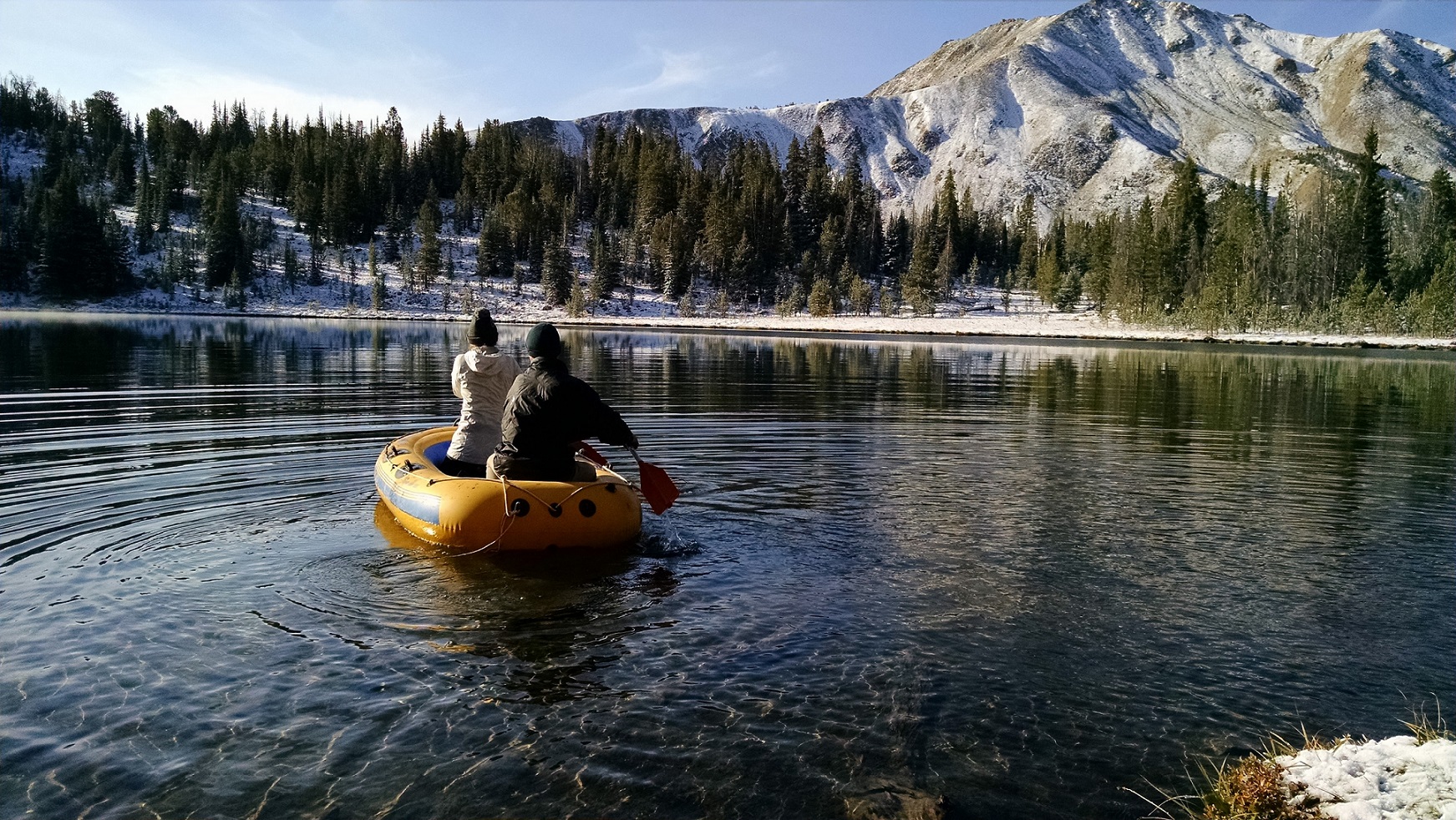
Northern Rocky Mountains, USA
The Northern Rocky Mountains, USA contain a vast landscape of forested wilderness, managed primarily by the federal government. They include the highest elevations and some of the most iconic endangered and threatened species in the contiguous United States. The influence of human impacts and climate change are evident on the landscape today, with larger and more frequent fires impacting vegetation composition and recovery. This project uses paleoecological data to synthesize the millennial-scale changes in vegetation and fire patterns across this region, over the Holocene.
Funded by: REDD Center Faculty Grant and Office of Undergraduate Research
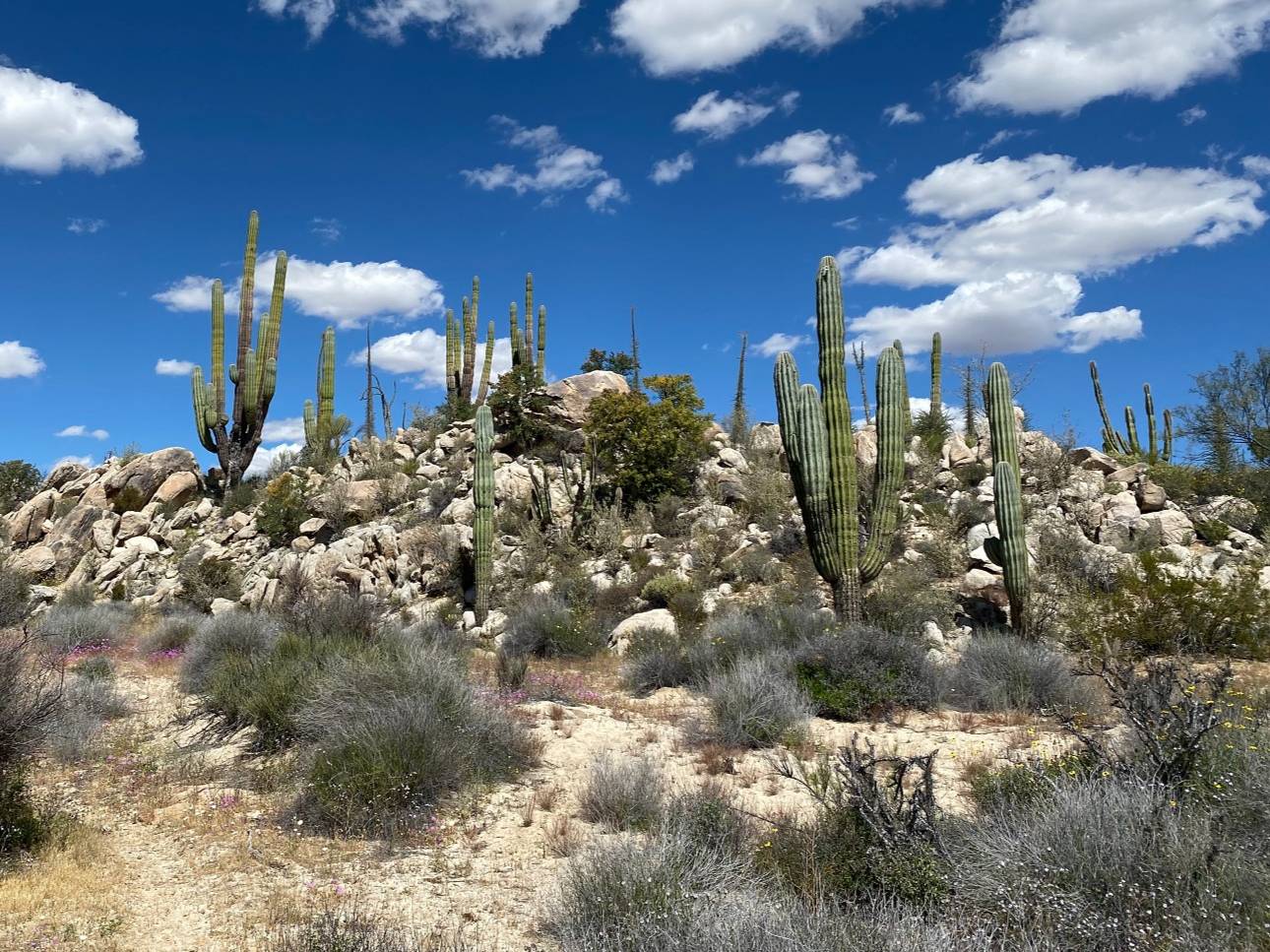
Baja California, Mexico
This project seeks to establish a transect of sites along the mountain ranges of the Baja peninsula to study the long-term fluctuations of winter/summer precipitation in this region and the impacts on societal livelihoods and decisions. This research uses paleoecological records (sediment cores) from ciénegas—unique wetland systems—to reconstruct environmental change. Ciénegas act as an archive of past environments and climate conditions as they are repositories for charcoal, pollen, and macrofossils from thousands of years ago. Continuous records of environmental change reveal how local environments and communities have historically responded to perturbation, and provide insight into the trajectory and rate of change that these environments may experience in the future.
Funded by: Global Change and Sustainability Center Seed funding, The Center for Latin American Studies, and the Wilkes Center for Climate Science and Policy
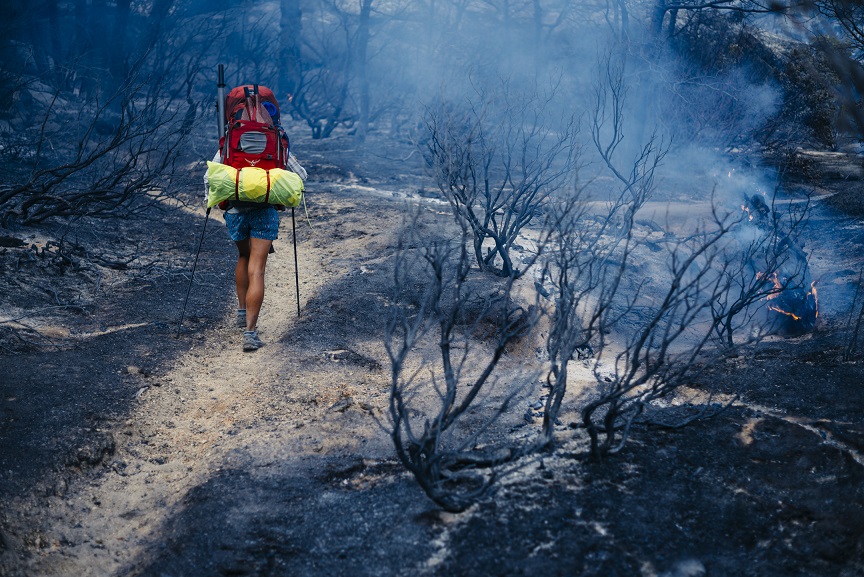
Sierra Nevada
This project will provide a historical record for the last 200 years of mountain pine beetle (MPB) outbreaks in the Sierra Nevada combined with an assessment of social and management responses. The paleoecological method has been used successfully to identify historic MPB outbreaks in the Northern Rocky Mountains. However, such data has not been collected in the Sierra Nevada. Applying our technique to the Sierra Nevada is important for documenting how climatic conditions and environmental factors affected forests. This research is critical given the visibility of this region due to higher population densities and the impact MPB outbreaks have on watershed dynamics including water storage for lower elevation cities.
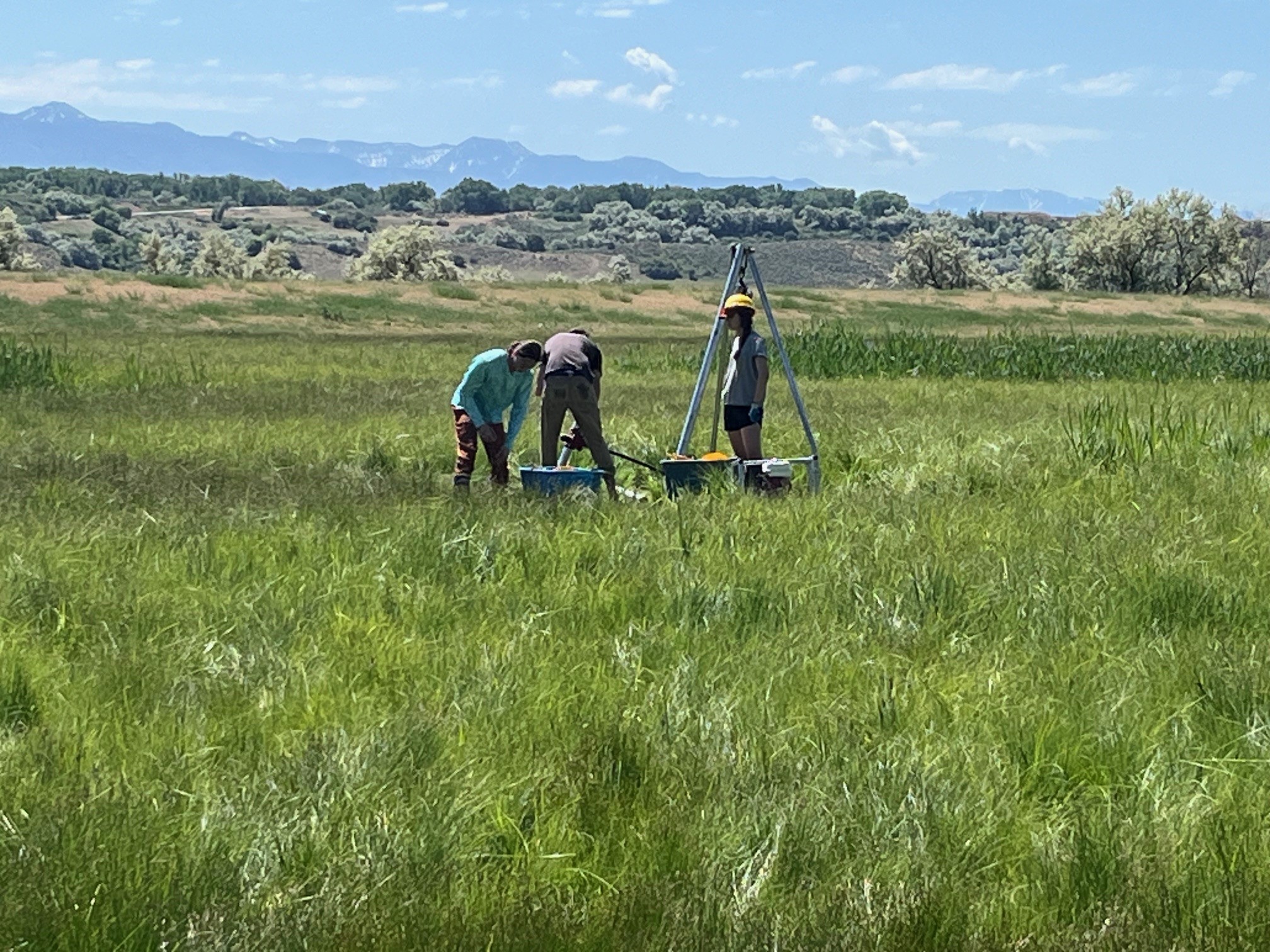
Restoring Indigenous Socio-Environmental Systems (RISES) in the Bear River Basin
Working under the direction of the Northwestern Band of the Shoshone Nation and funded by the National Science Foundation, this project aims to develop and implement a transdisciplinary framework for Restoring Indigenous Socio-Environmental Systems (RISES). The RISES team will synthesize information on past climate, environment, and land use to identify the factors that enhance the occurrence and diversity of culturally important plant and animal species over the last ten thousand years. This information will be used to help inform strategies to restore Indigenous socio-environmental systems in the Bear River Basin and beyond.
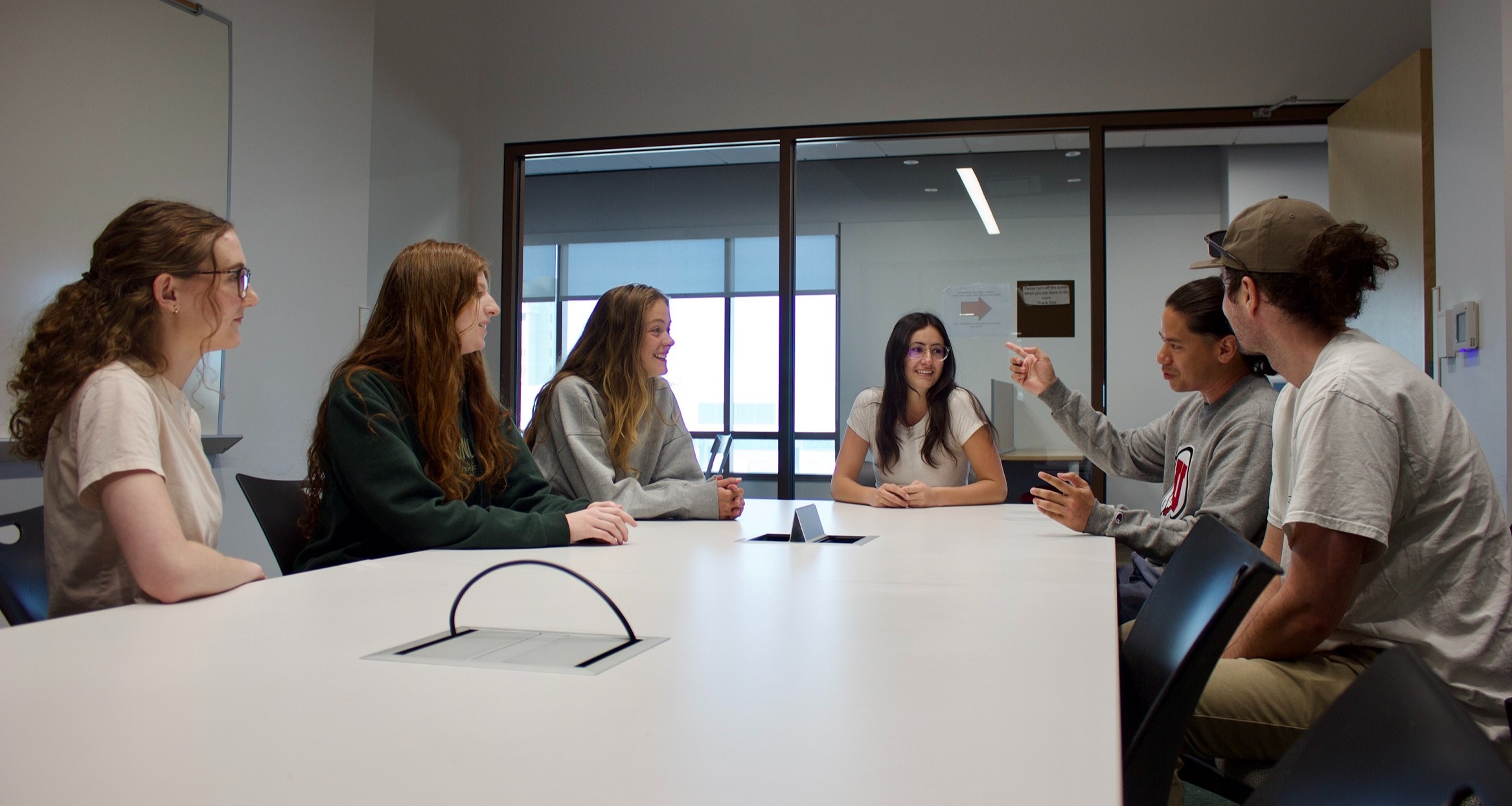
Sustainability Education
Dr. Jennifer Watt, Director of Sustainability Education at the University of Utah, and her team of researchers are interested in understanding faculty and student perspectives on the integration of sustainability across the curricula. Based on the UN Sustainable Development Goals, Watt recognizes that sustainability learning is a vital part of every discipline. At the University of Utah, sustainability education is a critical part of implementing the Climate Action Plan.
